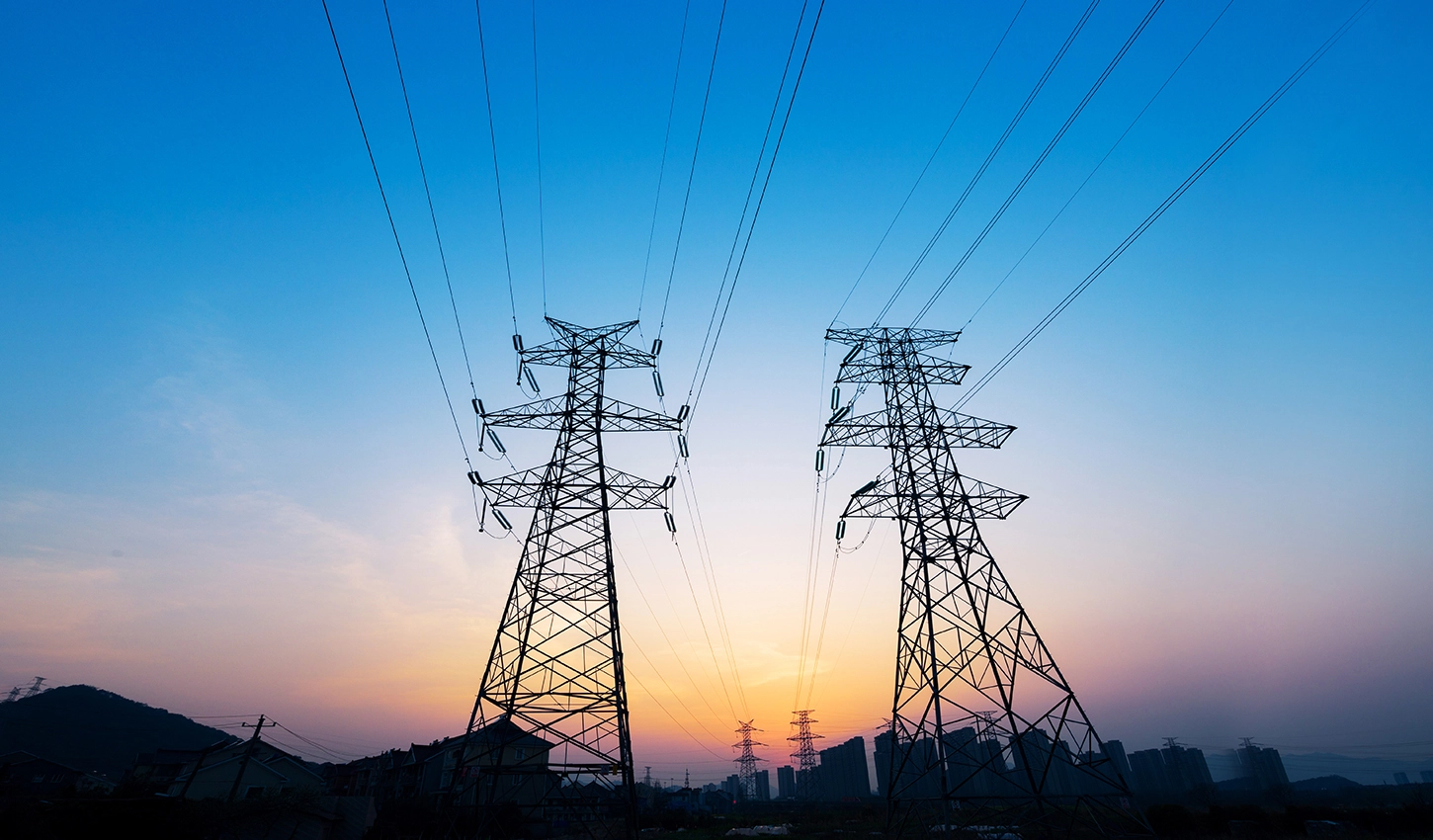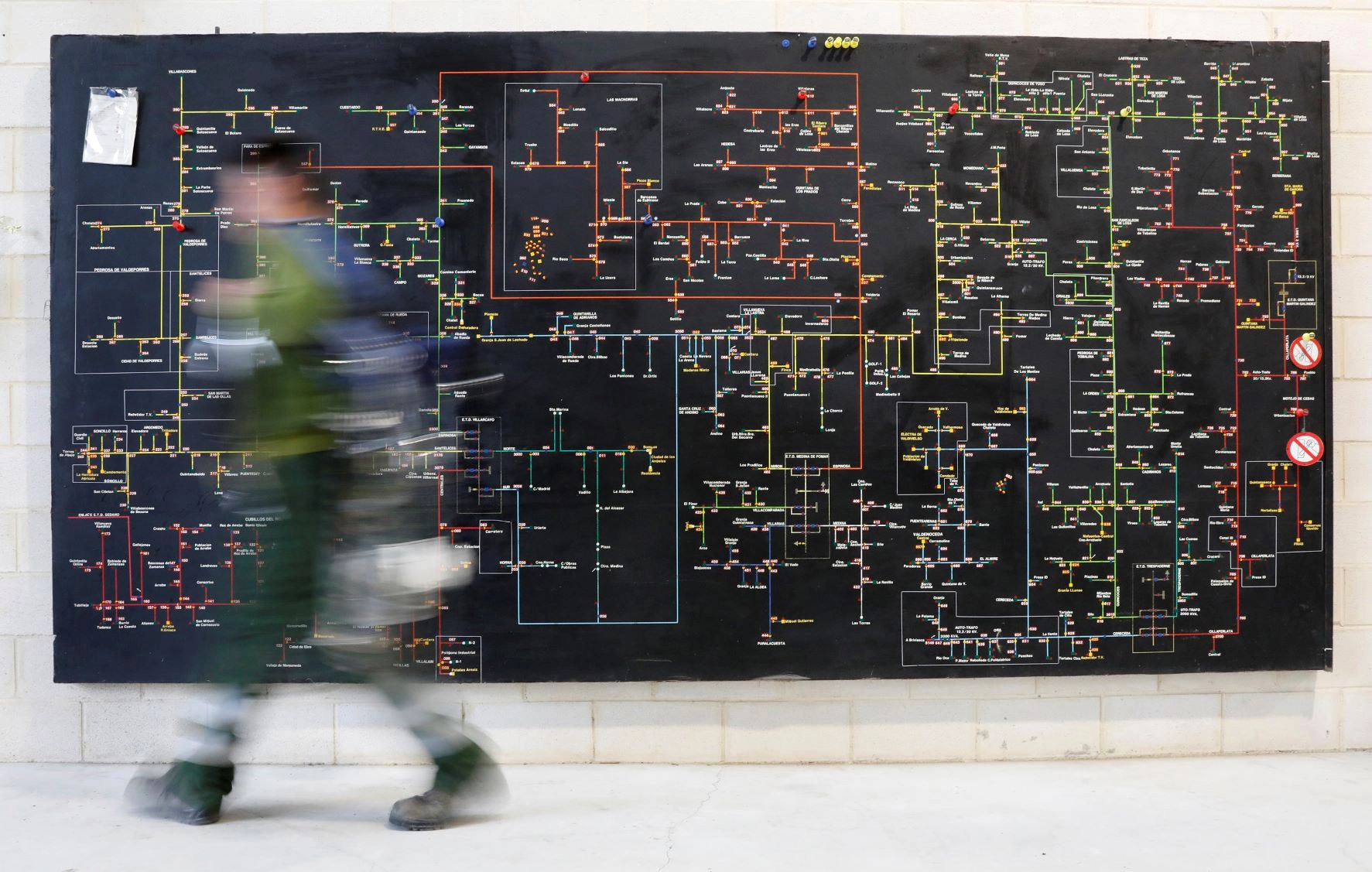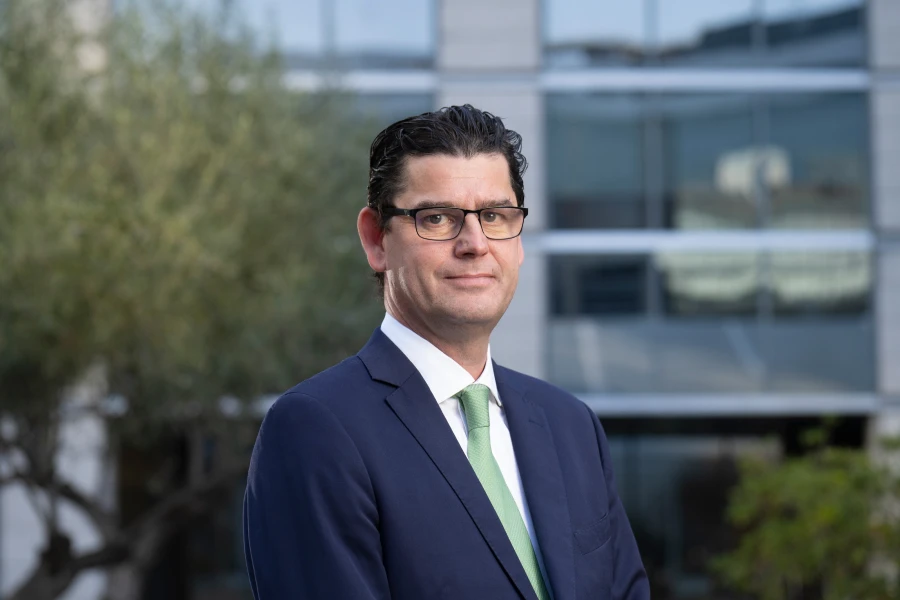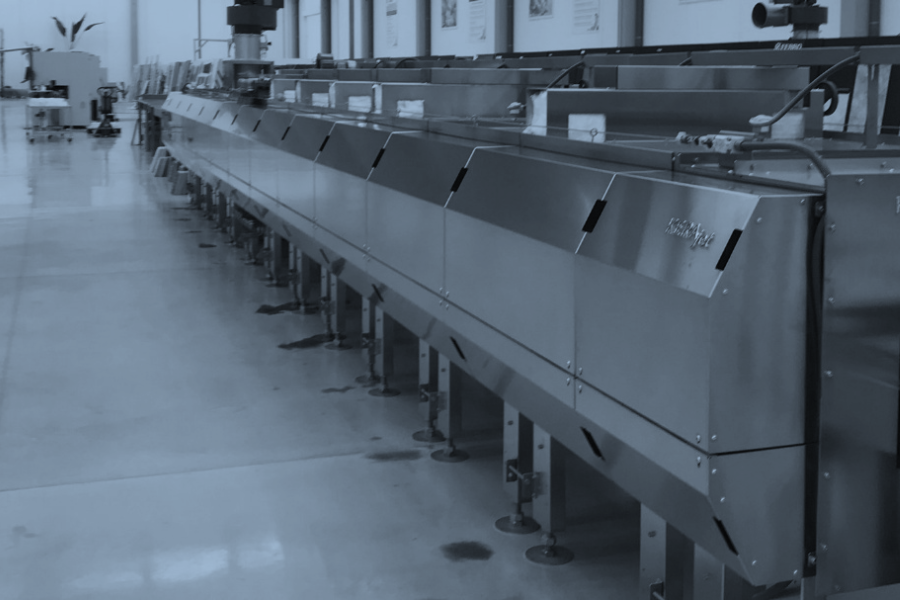Article
Spain's energy future
In these times of accelerated transformations, speed and reliability are everything. Community members know this, since they expect immediate responses to any incident, and companies like Iberdrola España know this, since we have to keep up with a hyper-connected, demanding and aware society. Crises come with no warning, but they do reveal themselves.



In these times of accelerated transformations, speed and reliability are everything. Citizens know this, as they expect immediate responses to any incident, and we companies - like Iberdrola España - know it too, as we must rise to meet the expectations of a hyperconnected, demanding, and aware society. Crises don't give warning, but they do reveal themselves.
Electrification and self-consumption as key to building Spain’s energy future
The blackout that occurred in Spain on 28 April is a stark reminder of the need to reinforce our electricity systems with a vision for the future, and that we must do so quickly.
We are living in a decisive moment for Spain and for Europe. The European Commission has recently launched its Clean Industrial Deal, which sets out a clear roadmap: electrify our economy, decarbonise our processes, and make energy more affordable, reliable, and secure. But this path is not automatic nor free: it requires bold decisions making, rigorous planning, and, above all, action.
Electrification of the economy as the backbone of Spain’s energy future
Electrifying the economy is urgent, not only for environmental reasons, but for competitiveness reasons as well. The more we depend on gas—especially if it imported and at volatile prices—the more vulnerable we will be. A commitment to electrification means reducing the foreign trade bill, avoiding emissions and creating local jobs.
But for electrification to work in a country like Spain, with a high penetration of photovoltaic energy, the contribution of synchronous generation and large-scale storage is essential to ensure the stability of the power system. Nuclear plants, hydroelectric plants, pumped-storage facilities, and combined-cycle plants provide reliability, system firmness, and fast response capacity to fluctuations in the grid.
Investment in electricity grids and infrastructures to advance in the energy transition in Spain
The good news is that we have the technological capacity, the natural resources and the know-how. The not so good news is that we still lack sufficient electricity grids and storage capacity to distribute and conserve all the clean energy we are already capable of generating. We have megawatts of renewable generation that are wasted because they cannot get to where they are needed. So connecting better and increasing electricity demand is our obligation and the best solution for today's challenges.
This will better enable the penetration of renewable energies and help to prevent zero or even negative prices. There is an urgent need for a decisive investment in electricity infrastructures to distribute this clean energy quickly and efficiently.
There is also another strategic front: self-sufficiency. International conflicts and the fragmentation of the global and European energy order remind us that dependence has a price. That’s why we must work to ensure that more and more areas become energy self-sufficient and have firm, secure and competitive power. In this context, we also need to take a pragmatic look at the role of nuclear energy.

Electricity grids are key infrastructures to advance the energy transition in Spain.
Predictable and stable regulatory framework as key to attracting energy investment and building Spain's energy future
Nuclear power plants, which are responsible for an essential part of our energy security, today are subject to taxation that jeopardises their viability. It makes no sense that electricity, which is clean and strategic, should be subject to a tax burden second only to tobacco and alcohol.
This situation, which does not exist in any other country in the European Union, must be changed. It is not a question of opening up an ideological debate, but of ensuring an energy transition that is neither chaotic nor costly.
The nuclear shutdown schedule, agreed in 2019, made sense at the time, but the context has changed: pandemic, war, energy crisis, inflation, emerging technologies, and a lot of planned storage that has not yet been built. Everything points to the need to calmly and carefully review our decisions. There is still time to adapt the roadmap, to lighten the load and to listen to those of us who manage the system on a day-to-day basis.

At Iberdrola España we are optimistic about the growing industrial interest in setting up in Spain. But for these new demands to come to fruition, we must guarantee firm, predictable and competitive power supply.
In short, it is a question of investing today with regulatory certainty, planning with vision and not wasting any time. Because if we’ve learned anything in these turbulent years, it’s that the future awaits us. Let’s all work together to build an energy system worthy of the country we want to be.
More opinion pieces from Iberdrola España










